MercoPress. South Atlantic News Agency
Tag: Podemos party - Spain
-
Saturday, January 11th 2020 - 09:45 UTC
New Spanish government takes oath of office next Monday: outstanding names in the cabinet
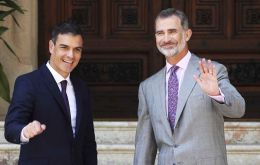
Women experts and radical leftists looked set to play a dominant role in Spain's new coalition government as Pedro Sanchez on Friday named a senior global trade expert as his top diplomat.
-
Wednesday, January 8th 2020 - 09:50 UTC
Spain finally has a government: a coalition which includes a Catalan separatist group
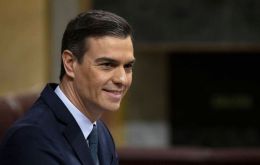
Socialist leader Pedro Sanchez won the narrowest of victories in Parliament on Tuesday to take power for a second term in Spain with the backing of the anti-austerity party Podemos and a Catalan separatist group.
-
Wednesday, May 23rd 2018 - 08:33 UTC
Spanish left wing leader takes heavy flack for purchasing a 600.000 Euro mansion
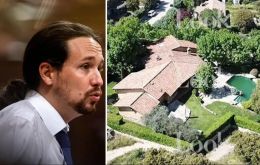
Accusations of hypocrisy have rained down on the couple that heads Spain's far-left Podemos party for buying a 600,000-Euro luxury home with a swimming pool after previously condemning such extravagance. The purchase caused unease among the rank and file of Podemos, which was formed in 2014 to represent “the people” against “the caste” -- as it called the country's political and business elites -- and there are fears it could cost the party at the ballot box.
-
Monday, June 27th 2016 - 06:27 UTC
Rajoy wins Sunday elections, but Spain remains blocked; coalition talks begin Monday
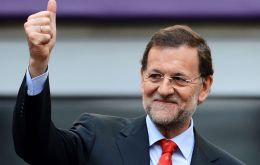
The conservative Popular Party of Mariano Rajoy, Spain's caretaker prime minister, won the most votes in Spain’s repeat national elections on Sunday, while the Socialists held off a challenge from the Podemos Party to remain the largest left-wing formation. The fragmented result, however, did not settle who will form the country’s next government.
-
Monday, June 20th 2016 - 06:15 UTC
Spain heading for another hung parliament, and with no clear possible coalitions
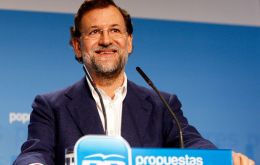
Spain is likely to repeat its indecisive election of December when it returns to the polls next weekend, according to survey results from three major newspapers, signaling that the country‘s political limbo is set to linger.
-
Wednesday, June 8th 2016 - 07:49 UTC
Spanish Socialists could be knocked out to third place in 26 June repeat election
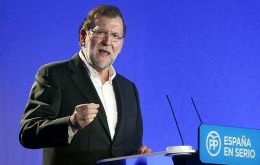
Spain's anti-austerity party Podemos and its allies could leapfrog the Socialists in this month's repeat general election to become the country's main opposition, three polls released over the weekend.
-
Thursday, May 5th 2016 - 11:57 UTC
Spanish elections campaign for a new parliament takes off 10 June
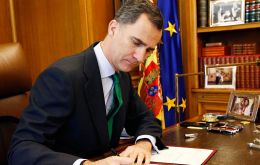
Spain's King Felipe VI signed the decree dissolving parliament following December's inconclusive general election. As no political parties were able to coalesce their support into a coalition government in time for the deadline, new elections will be held on June 26.
-
Thursday, December 31st 2015 - 08:35 UTC
Spain's Socialists rules out any partner that supports Catalonia independence referendum
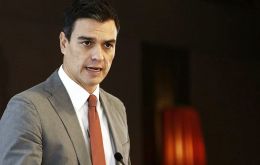
Spain's Socialist party ruled out forming a new government with any party that supported a referendum on independence in Catalonia, a stand that prolongs political uncertainty after this month's inconclusive national election.
-
Monday, December 21st 2015 - 07:14 UTC
Spain's left-right draw ends two-party system and marks time of coalitions
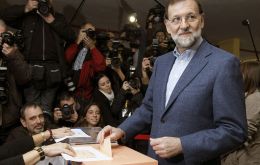
Spain is heading for a period of difficult coalition-building after Sunday’s elections in which Prime Minister Mariano Rajoy's conservatives came first, but were far short of a majority and with no obvious coalition partner after the centrist Ciudadanos (Citizens) did worse than expected, finishing fourth.
-
Tuesday, December 15th 2015 - 06:41 UTC
Spain's Rajoy expected to win next Sunday's election but without a majority

The latest surveys on the Spanish legislative elections to be held next Sunday, predict a victory for the ruling center-right People's Party, or PP, but without an absolute majority, so the party will have to form a coalition to establish a government.
